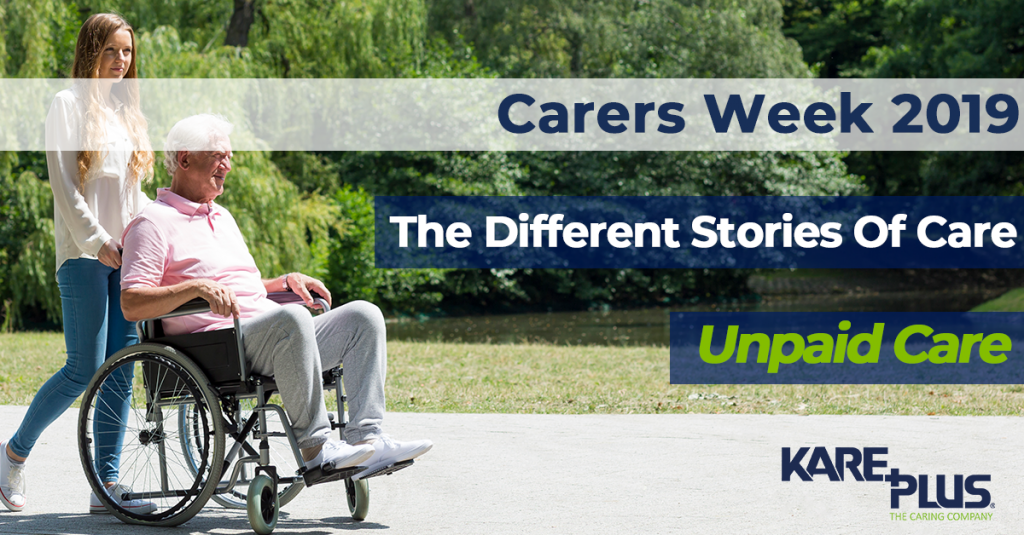Carers Week 2019 - The Different stories of care: Unpaid Care
Friday, June 14th, 2019 | Blog
Carers Week 2019 is an important week in the healthcare calendar. It is a time for everyone to celebrate - and raise awareness for - hardworking carers across the UK. Paid or unpaid, nurse or homecarer, Those working in healthcare provide one of the most vital services - supporting those in need.
To help paint a picture of the different types of care this Carers Week, we’ve spoken to a number of different individuals that all provide care in different capacities. Names have been changed to protect the identities of those taking part, but their answers and insights come from years of experience.
-------------------------------------------------------------------------------------------------------------------------------
Unlike our previous two stories, Judy has spent a lifetime caring for others in a non-professional capacity. As an unpaid carer, Judy spends her time looking after a son who requires day-to-day support with cooking, cleaning and other tasks due to prior brain injury that causes short-term memory loss.
This isn’t the first person Judy has cared for though, as she spent her midlife caring for family members who had become ill or who needed support.
We asked Judy why she had dedicated so much of her time to caring for others:
“It wasn’t really ever something that I had to think about. There were those around me who needed my support, so I provided the care they needed.”
Judy is one of 5.4 million people in the UK providing unpaid care to a friend or family member. Between 2001 and 2011, the total number of unpaid carers rose by 600,000, a figure that will probably continue to increase considering our growing population of elderly individuals.
Just as we support our nurses and healthcare professionals, we must also support those providing unpaid care. Their efforts decrease the demand on NHS services, limiting the number of hospital admissions by providing the same support that many healthcare assistants would in hospital wards. Unfortunately, the more unpaid care an individual provides, the more likely they are to experience illness.
“It’s not always been easy and the lack of support can sometimes be disheartening. There is definitely more understanding of what it means to be an unpaid carer now, but I wish there were more support schemes or groups.”
Loneliness is a real issue among unpaid carers, with many feeling isolated due to the time constraints of being an unpaid carer, a lack of disposable income and the social stigma surrounding unpaid carers. As reported by iNews.co.uk, one in three unpaid carers feels lonely compared to the national average of one in twenty.
As the number of unpaid carers continues to increase, we must collectively ensure there is enough support in place. At a national scale this will mean more support groups and schemes, but at a local level it’s something we can all help with. If you know someone who cares for a friend or relative, why not pop in for a cup of tea? Small gestures may make more of a difference than you think.
There are also lots of great charities and organisations currently supporting unpaid carers across the United Kingdom, here are just a few of them:
https://www.thecareworkerscharity.org.uk/carers
https://www.ageuk.org.uk/services/in-your-area/carers-support/
https://www.turn2us.org.uk/Your-Situation/Carers
-------------------------------------------------------------------------------------------------------------------------------
We want to thank Judy for taking the time to talk with us this Carers Week.














